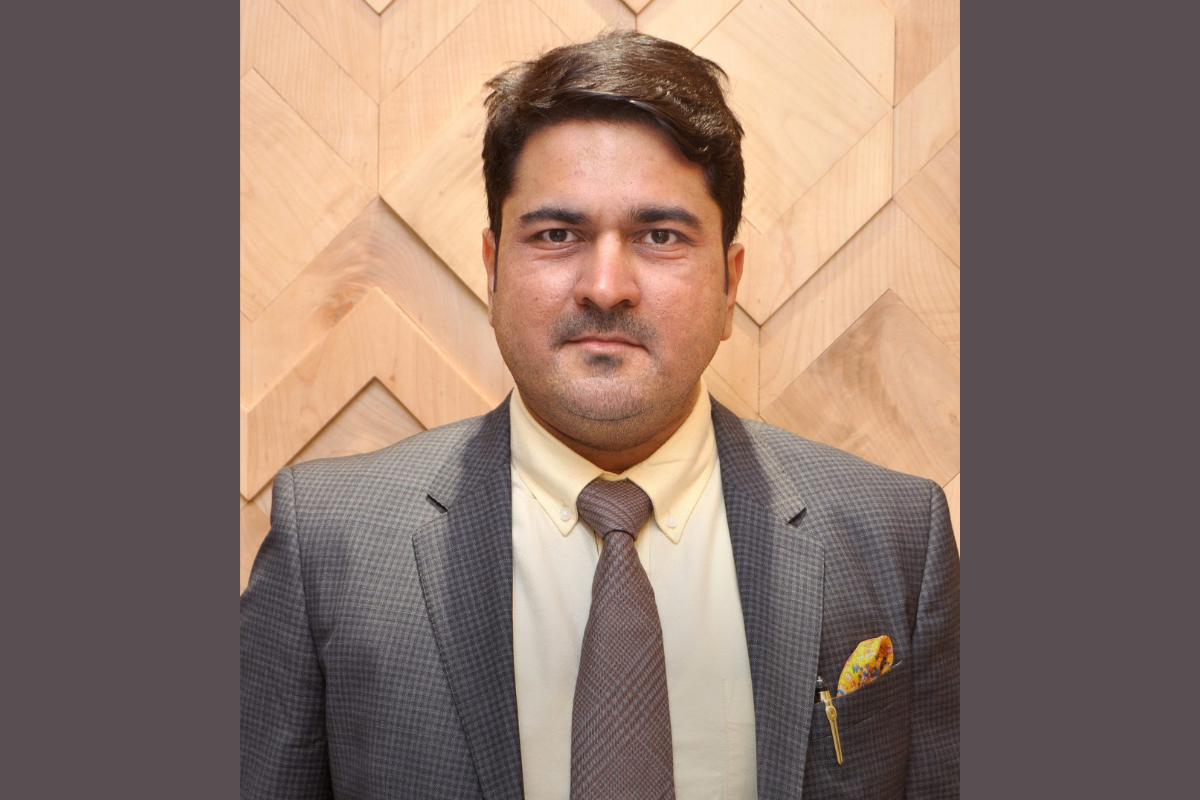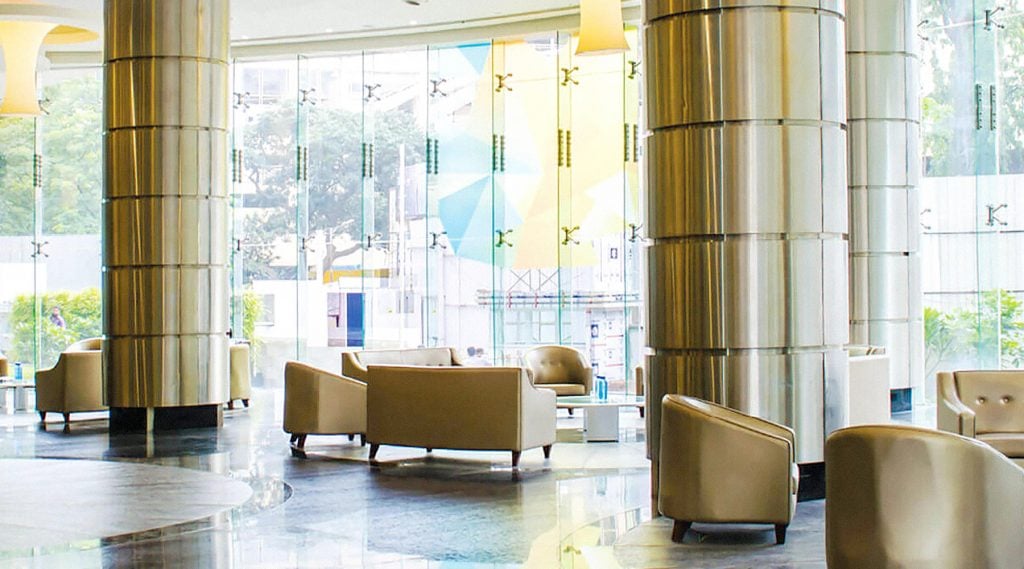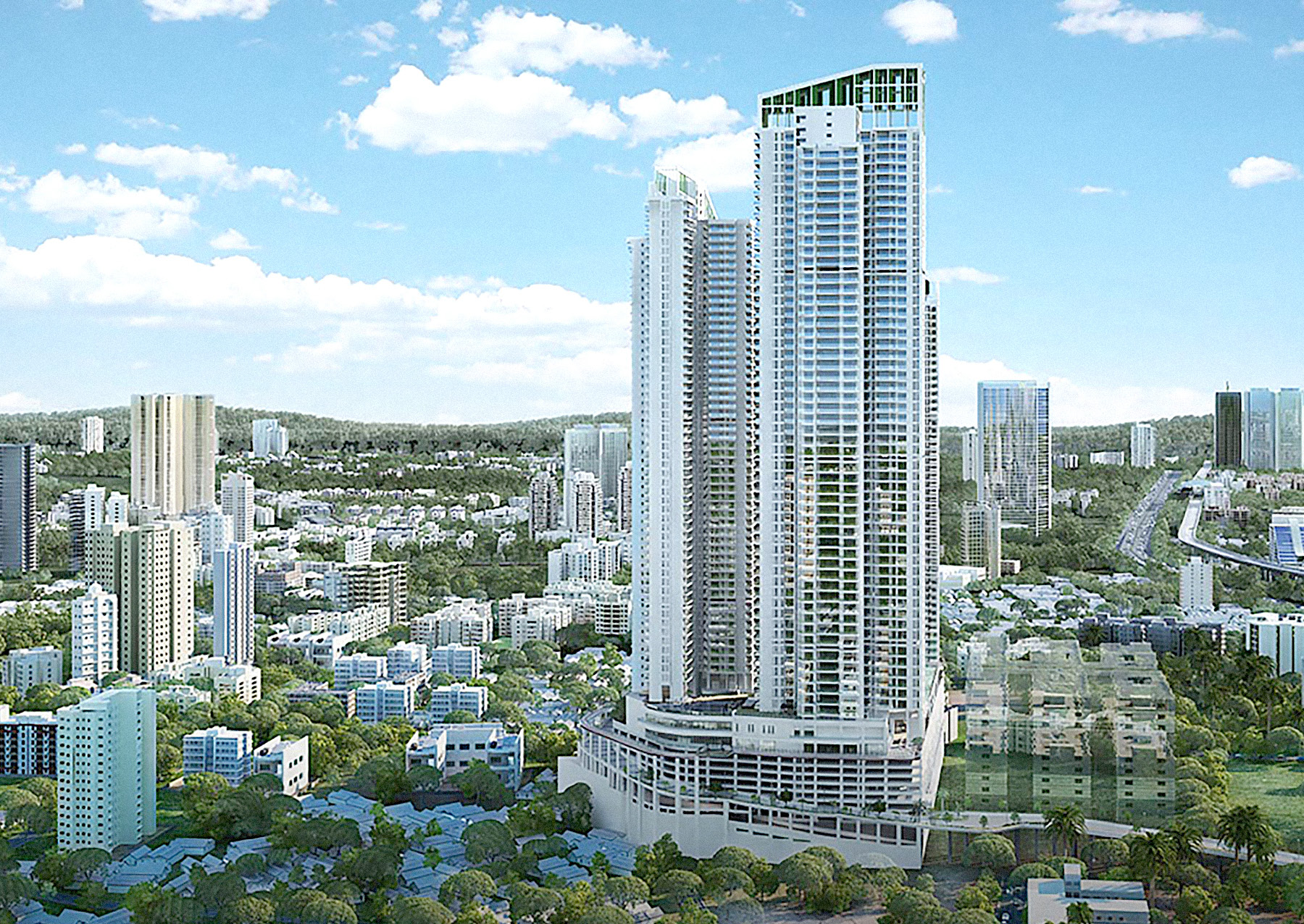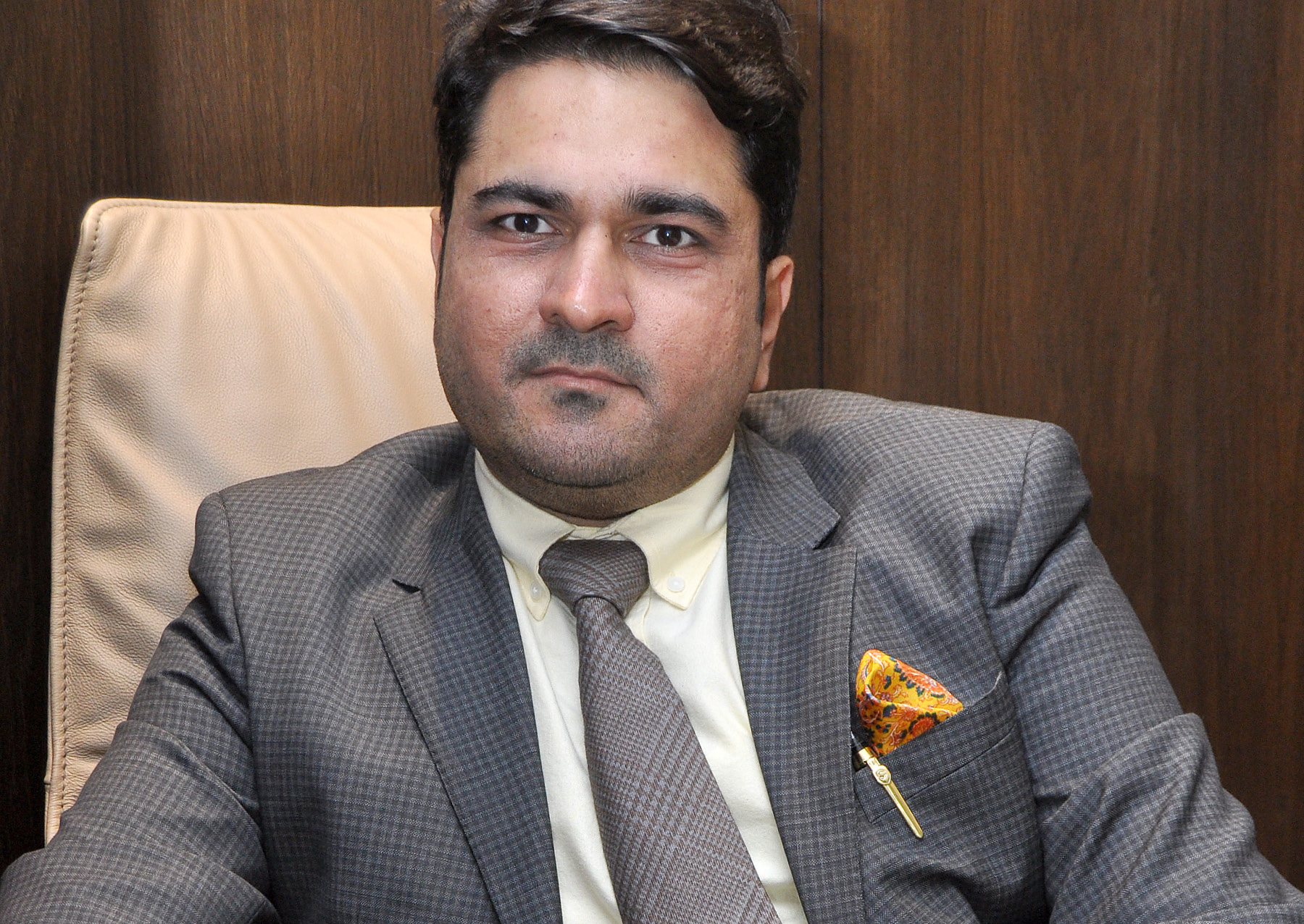The pandemic not only disrupted businesses and lives but also changed the way people think about owning homes; Omkar Realtors & Developers is banking on the pent-up demand for housing projects to regain lost grounds, says CEO Rahul Maroo.

“Interestingly, after COVID-19, people have realised there is a big need for community living,” Rahul tells The CEO Magazine. “When you create a project, at least in Omkar, it’s not just a project, it’s a community that we are building for people to stay, live and celebrate.
“We are currently looking at near pre-COVID-19 level success, and maybe in 2023 we will achieve a new pinnacle.”
Both Rahul and the company have closely aligned goals of slum rehabilitation. Omkar is striving to become the de facto player in the Mumbai slum rehabilitation category, and Rahul has spent a good deal of his career learning the intricacies of this niche.

“Seeing how you change the lives of people who were staying in a 15-metre-by-1.5-metre apartment to then move to a lavish 37-square-metre-one-bedroom apartment, it is magnificent,” he shares.
Service driven
According to Rahul, real estate in India has always been a promoter-driven industry and he wants to put in systems that automate processes and turn it into a service-driven industry. To do this he is overhauling the company’s internal processes, which could bring a seismic shift in the way real estate operates in India.
“I see real estate as a factory line where once you acquire a project, which is your raw material, every department starting from licensing, approvals, design, construction, sales and the customer relationship management team who eventually delivers to the end customer, it must flow like a factory.”
By integrating factory optimisation into real estate, Rahul aims to increase productivity, shorten delivery deadlines and improve the overall quality of products. The implementation of the “as-a-service” model also helps Omkar ride out sudden commodity price hikes.

Seeing how you change the lives of people who were staying in a 15 metre by 1.5 metre-apartment to then move to a lavish 37-square-metre one-bedroom apartment, it is magnificent.
But industry-leading optimisation is not the only thing that sets Omkar apart. Rahul is a big believer in delivering with compassion. Since a large number of Omkar projects are built for slum dwellers, they know they’re delivering more than apartments – they’re uplifting people and possibly changing their lives forever.
Another way Omkar is different from its competitors is in its constant push to enhance the products. Rahul references Omkar 1973, a flagship project with three skyscrapers in Worli, Mumbai that reinforces the company’s engineering excellence. “When stacked together, the towers reach the vicinity of the Burj Khalifa,” he shares.
The other differentiating factor comes with the territory. “Being the key player in a place with severe land scarcity, we have had to crack the secret of land manufacturing,” he says, whereby they work alongside partners to most effectively develop the land available.
Rahul knows it takes a village to create and deliver Omkar’s multi-storey properties. The company has developed long-term partnerships with key suppliers and in a refreshing take, Rahul is quite happy to collaborate with competitors if it means faster delivery for customers.

It’s in a marriage of equals where you can synergise strengths and then possibly move forward together for a better share of the pie.
Omkar has worked with Larsen & Toubro and Piramal Realty to deliver superior projects faster. It has 10–15 key suppliers for cement, steel, elevators and heating, ventilation and air conditioning, who prioritise Omkar when demand is high.
“It’s in a marriage of equals where you can synergise strengths and then possibly move forward together for a better share of the pie,” he explains.
When asked about competitors eating into Omkar’s profits, Rahul simply says, “There is enough business in Mumbai, it ultimately depends upon the individual’s appetite. Thanks to the influx of migrant populations, Mumbai is the New York of India”.
Looking at singapore
In the next three-to-five years, the company is looking at a 75 per cent market share of Mumbai’s slum rehabilitation program, and Rahul is taking inspiration from the Singapore government’s public housing project.
“I have studied their model and they place a focus on building high-quality units that not only improve the lives of the less privileged but also boost the country’s economy,” he shares.

Thanks to the influx of migrant populations, Mumbai is the New York of India.
Rahul aims for Omkar to be the default in its category and he’s actively looking to improve delivery efficiency in the coming years by studying what is being done elsewhere and through strong partnerships.
And, with the passion he has to make the lives of his customers better, there’s nothing he’ll let get in his way to achieve it.


